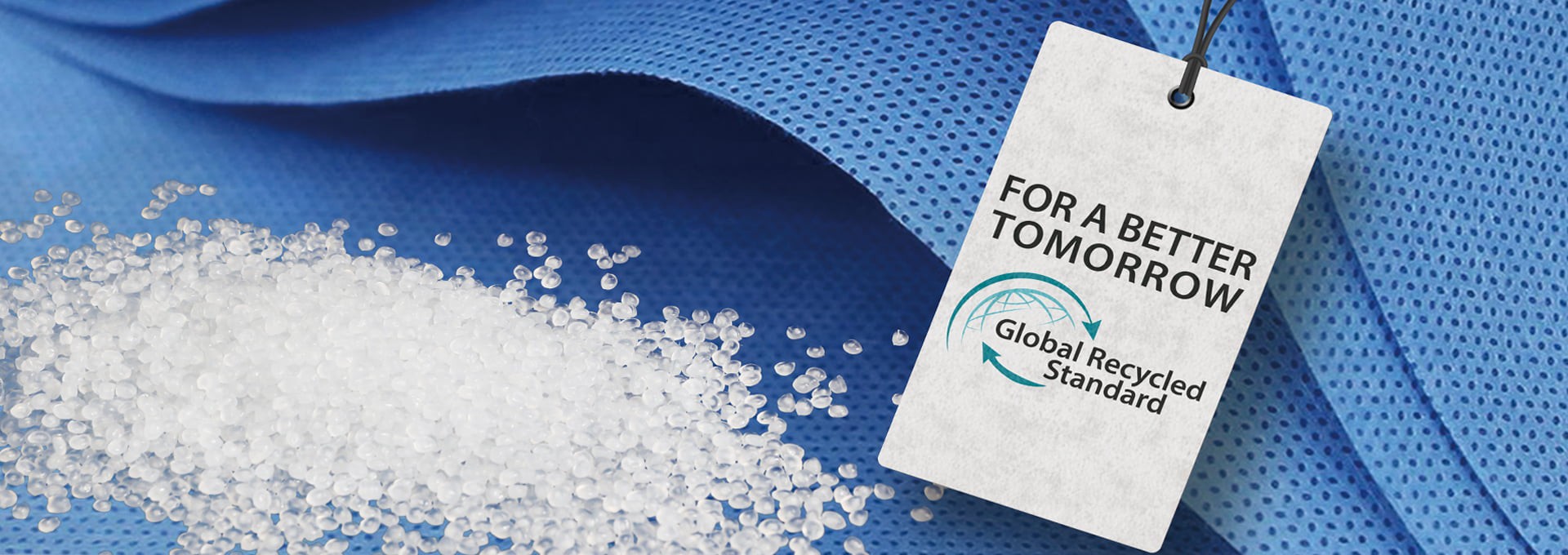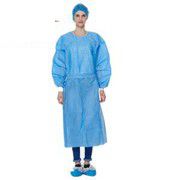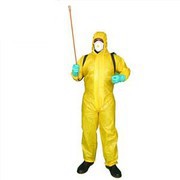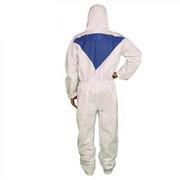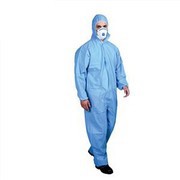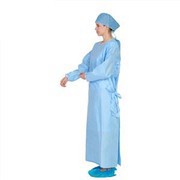Is polypropylene better than polyester?
Mar 22, 2023
Polypropylene and polyester are two of the most common synthetic materials used in various industries such as packaging, textiles, and construction. They both have their unique characteristics and advantages, but the question remains: is polypropylene better than polyester?
Polypropylene, also known as PP, is a thermoplastic polymer that is lightweight, durable, and has a high resistance to chemicals, moisture, and heat. PP is commonly used in packaging, storage containers, and automotive parts due to its strength and toughness. PP is also recyclable, making it a popular choice for environmentally-conscious consumers.
On the other hand, polyester, also known as PET, is a man-made fiber that is commonly used in textiles, carpeting, and packaging. Polyester is known for its softness, durability, and resistance to wrinkles and shrinking. It is also resistant to mildew and mold, making it a popular choice for outdoor and water-resistant products.
In terms of strength and durability, polypropylene is considered to be better than polyester. PP has a higher breaking point and is more resistant to impact than polyester, which makes it suitable for applications such as automotive parts and industrial flooring. PP is also more chemically resistant than polyester, making it ideal for storing and transporting chemicals and other hazardous materials. It is often used to make stylish lab coats.
However, when it comes to softness and comfort, polyester is the better choice. Polyester fibers are finer and softer than PP fibers, making them more comfortable to wear as clothing or bedding. Polyester is also less prone to pilling or snagging, making it a more durable option for long-term use.
In terms of cost, polypropylene is generally cheaper than polyester due to its simpler manufacturing process and lower material costs. PP is also easier and quicker to shape and mold, making it a more cost-effective option for products with complex designs.
So, is polypropylene better than polyester? It depends on the application and the specific requirements of the product. Each material has its own unique characteristics and advantages, and choosing between the two ultimately depends on the desired outcome.
In conclusion, polypropylene and polyester are both versatile and widely used materials that offer various advantages and disadvantages. It's essential to understand their properties and uses to make an informed decision when choosing between the two.

